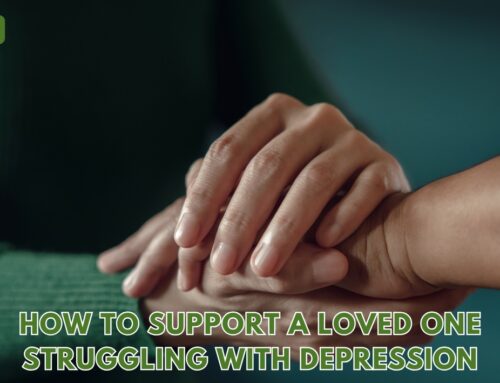Supporting a Loved One Through Trauma: Tips for Families
Trauma can leave a lasting impact on individuals, affecting their mental and emotional well-being. If a family member or friend has experienced trauma, your support can make a significant difference in their recovery journey. In this blog post, we will explore practical tips and resources to help you better understand and support your loved one through their trauma-healing process.
1. Educate Yourself:
Start by learning about the specific type of trauma your loved one has experienced. Understanding the nature of their trauma can help you empathize and communicate more effectively.
2. Be a Good Listener:
Encourage open and non-judgmental conversations. Let your loved one know that you are there to listen whenever they are ready to talk. Patience is key.
3. Respect Their Space:
Everyone copes with trauma differently. Respect your loved one’s need for space or alone time. Don’t push them to discuss their experiences if they’re not ready.
4. Encourage Professional Help:
Gently suggest that your loved one seek therapy or counseling with a trained trauma specialist. Professional support can be instrumental in the healing process.
5. Provide a Safe Environment:
Ensure that your home is a safe and comfortable space. Offer reassurance and comfort during times of distress.
6. Offer Consistency:
Maintaining routines and consistency can be reassuring for someone healing from trauma. Offer your support in establishing a sense of stability.
7. Avoid Triggers:
Be aware of potential triggers that could exacerbate their trauma symptoms. Create an environment that minimizes exposure to these triggers.
8. Promote Self-Care:
Encourage self-care practices such as exercise, healthy eating, and relaxation techniques. Participate in self-care activities together when appropriate.
9. Seek Support for Yourself:
Caring for a loved one and dealing with trauma can be emotionally challenging. Don’t hesitate to seek support for yourself through friends, support groups, or counseling.
10. Respect Their Healing Journey:
Understand that healing from trauma is a unique process. Respect your loved one’s decisions, even if they differ from what you think is best.
Resources:
Provide information on local trauma support groups, counseling services, or helplines that your loved one can access. Share reputable books or online resources for further education.
Conclusion:
Supporting a loved one through trauma can be emotionally demanding, but it’s a crucial part of their healing process. With understanding, patience, and access to professional help, you can make a significant difference in their journey to recovery. Remember, you’re not alone, and there are resources available to guide you and your loved one through this challenging time.





